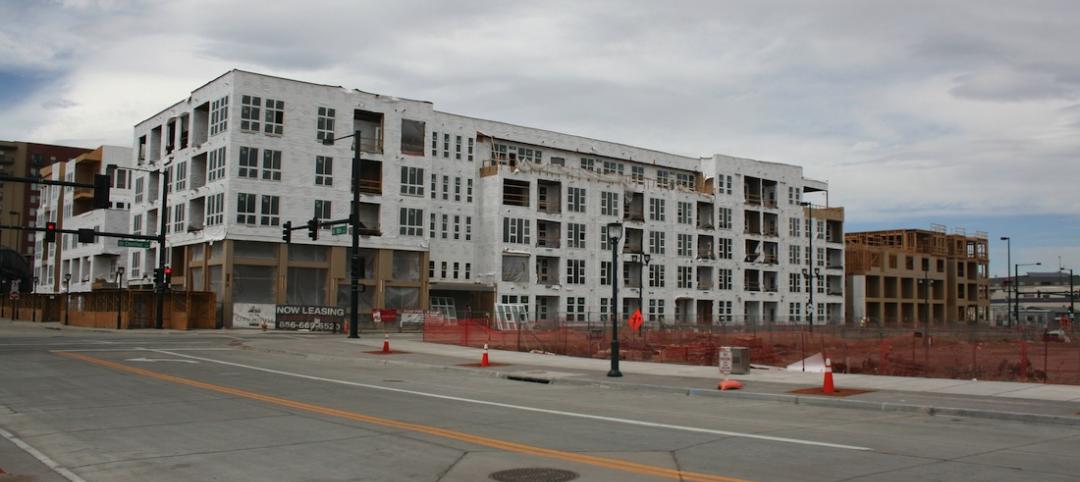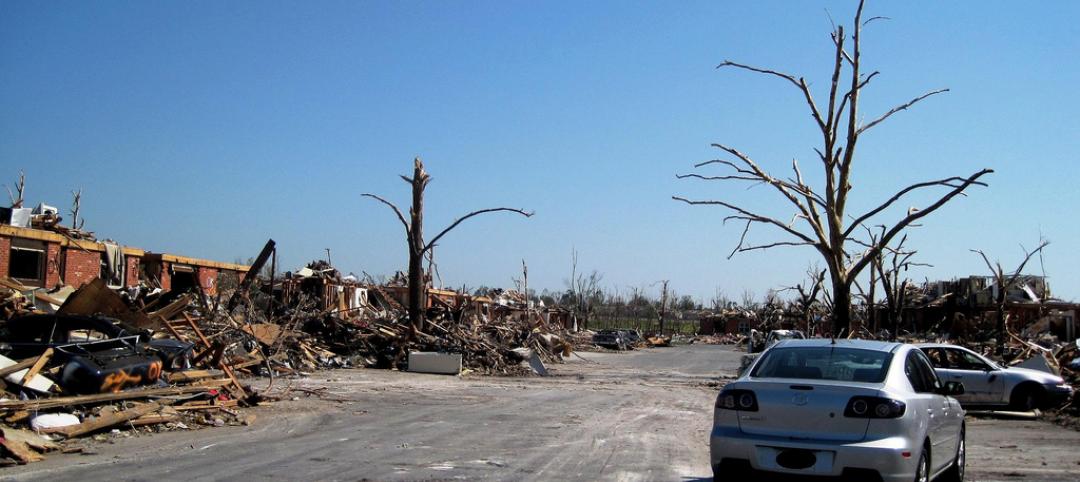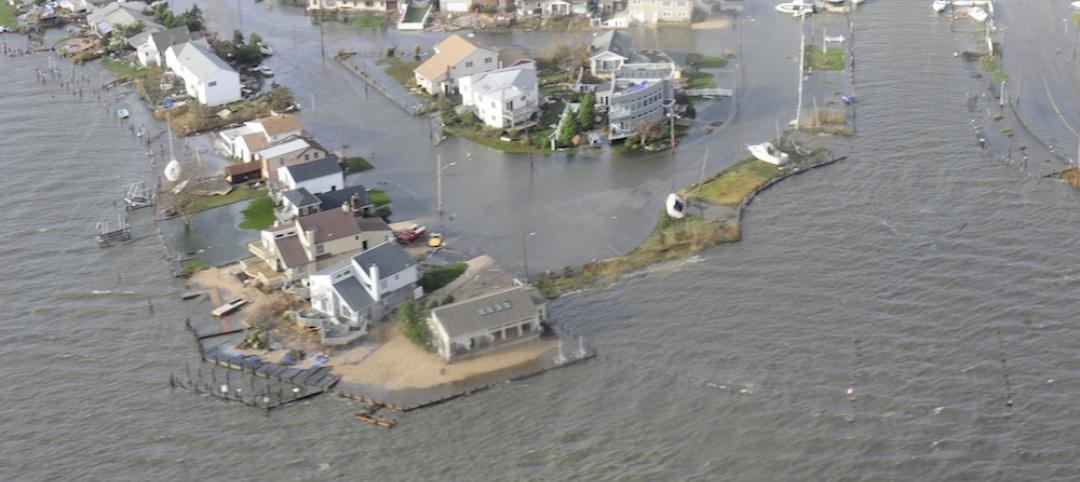Bureaucratic ineptitude ruined the U.K.’s disastrous home retrofit program, and the U.S. could draw valuable lessons from the debacle.
Last summer the U.K. unveiled a “build back better” economic stimulus package that was centered around a $2 billion program to retrofit homes. The program was supposed to fund energy efficiency and clean heat upgrades in 600,000 homes, but it was canceled recently after a six-month effort that may have killed more jobs than it created.
The Green Homes Grants program allowed most U.K. homeowners and landlords to receive up to about $6,900 to help pay for insulation, electric heating systems, and other energy-efficient upgrades such as new windows, doors, and heating controls. Low-income homeowners were eligible for up to nearly $14,000.
But, in order to apply, building owners had to obtain a quote from an accredited installer—few of which existed. Installers were reluctant to go through the time-consuming and expensive process of getting accredited without a longer-term assurance that there would be work. Program administrators often rejected quotes for being too high, asking applicants to provide more details or seek out additional estimates. Many homeowners dropped their retrofit plans as a result.
Retrofitting homes is a major part of the Biden Administration’s $2 trillion American Jobs Plan aimed at economic recovery from the COVID-19 recession. The administration can look across the Atlantic as a lesson on how to avoid failure.
Related Stories
Codes and Standards | Jan 22, 2016
Treasury Dept. will start crackdown on illicit money in luxury real estate
The move is expected to impact high-end condo development.
Resiliency | Jan 13, 2016
LEED credits on resiliency expected to influence future of building design
Post-disaster survivability is a key goal.
Codes and Standards | Jan 12, 2016
Batteries are the next step in raising sustainability standards
Battery technology will reduce electricity costs and promote a more stable, flexible grid.
Codes and Standards | Jan 4, 2016
Denver broadens its use of design reviews as construction booms
Support strong, but some wary of giving more say to review boards.
Codes and Standards | Dec 23, 2015
International Code Council approves updates based on NIST study of Joplin, Mo. tornado
Applies to schools and other high occupancy buildings.
Codes and Standards | Dec 21, 2015
Changing building codes to protect against mass shootings at odds with other safety measures
Fire and other emergencies require getting people out quickly, not locking down sections.
Codes and Standards | Dec 18, 2015
Codes should be updated to reflect lessons learned from recent extreme weather events
More can be done to boost resiliency to flooding, extended power outages.
Codes and Standards | Dec 13, 2015
Los Angeles launches ‘Drop 100′ campaign to reduce water use in commercial buildings
Goal is to save 100 million gallons annually.
Codes and Standards | Dec 1, 2015
More than 50 design, construction, and real estate firms urge action on climate change
Call for policymakers to move on one of the ‘greatest economic opportunities of the 21st Century’
Codes and Standards | Oct 26, 2015
Chicago suburb considers bird collision deterrent requirement on all new buildings
The rule would mandate that new commercial, multifamily structures comply with LEED pilot program.

















